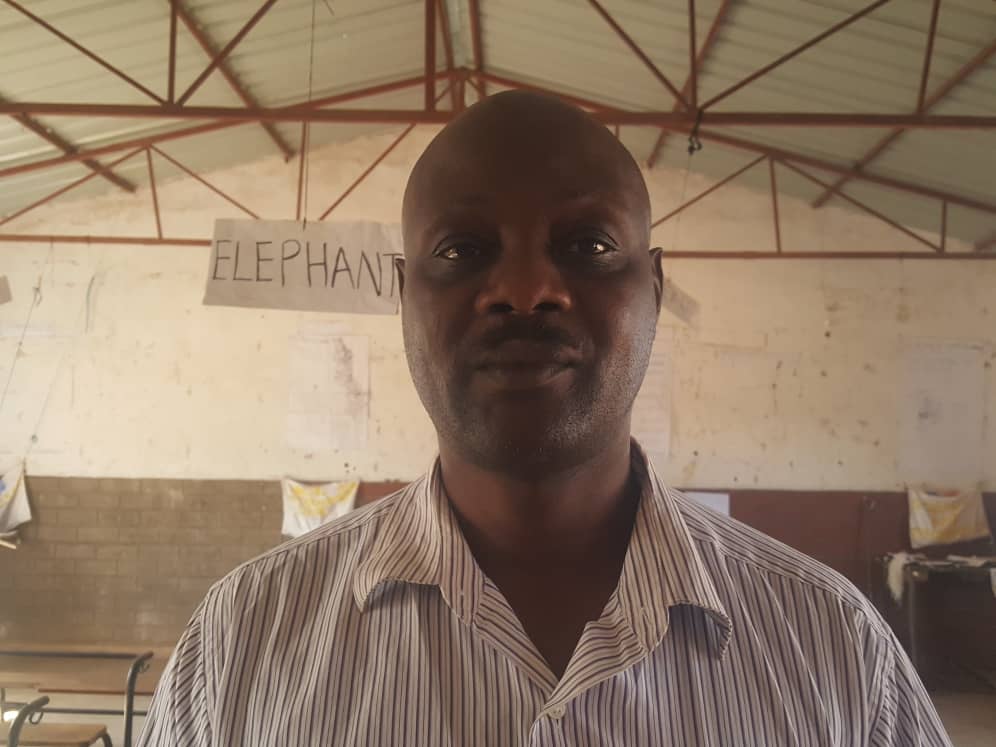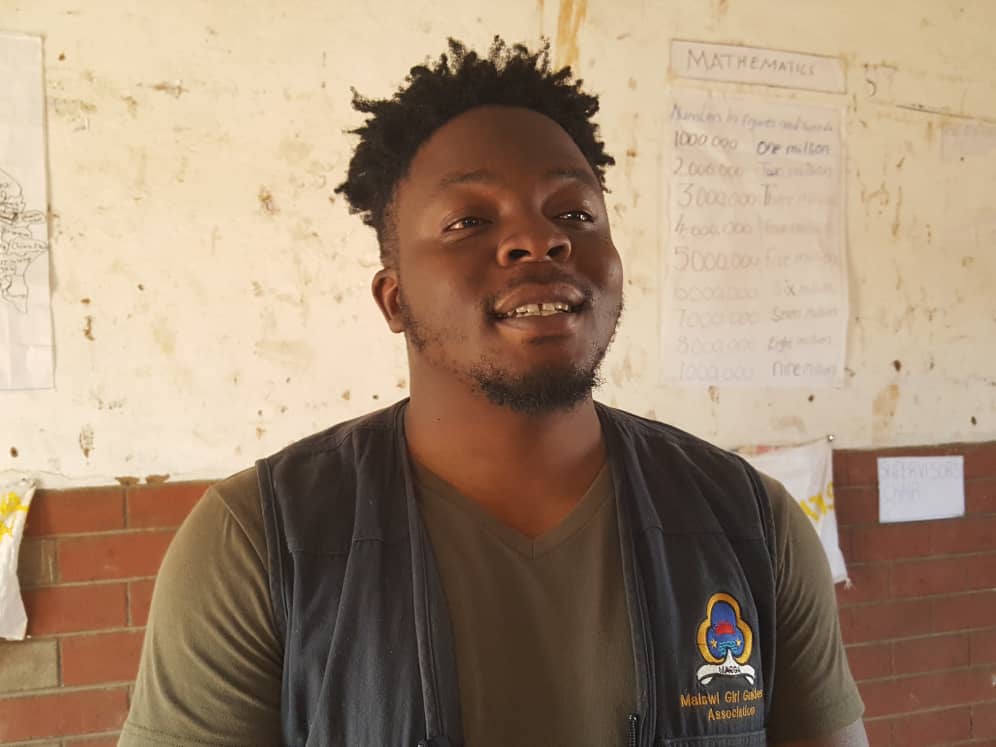Dowa district – situated in the Central Region of Malawi – is one of the districts in Malawi synonymous with gender stereotypes and cultural norms, which have, for centuries, been used to justify violence against women.
These stereotypes, among others, stipulate that women are supposed to be submissive to male family members. And when married, women are expected to obey their husbands, act according to their wishes and not strive for equal decision making.

If they transgress these norms, women may be subjected to physical violence by their husbands as punishment or discipline.
But this culture is steadily dying down, thanks to the Malawi Girl Guides Association (MAGGA).
The association, with financial support from the Norwegian Church Aid and DanChurchAid (NCA/DCA) Malawi Joint Country Programme, has been implementing a five-year project titled: “Ending Violence Against Women and Girls (EVAWG)”.
The project has successfully strengthened the capacity of community leaders and members in the district in order for them to understand women and girls’ rights and how to deal with gender-based violence (GBV).
Reports from MAGGA indicate that there has been a massive improvement in cultural norms, reduced rates of school dropout and early marriages, and fewer cases of GBV among women and girls in Dowa since the organisation started its interventions.
The association’s key focus areas include gender-based violence, health, HIV and AIDS, child care and protection, service leadership, environmental education including climate change, and character building through girl guiding principles.
MAGGA collaborates with a total of 139 schools, which include 120 primary schools and 19 secondary schools.
Deputy Head Teacher of Mtenje Primary School, Titani Banda, applauded MAGGA for their projects, noting the positive impact on school enrollment, return rates, and reduction in early pregnancies.
“The project is playing a vital role in addressing issues of school dropouts among learners, early marriages and gender based violence against women and girls, we are registering a lot of returnees from 300 learners to over 600 learners,” said Banda.
Esther Christopher, a 20-year-old GBV survivor from Traditional Authority Chiwere, shared her story of how she got pregnant at the age of 14 while in Standard Six.
The pregnancy forced her into an early marriage and the birth of her first child at 15.
But after suffering abject poverty and experiencing violence at the hands of the man ‘she fondly loved’ before being impregnated, she divorced him and returned to her mother, who encouraged her to return to school.
“I started again in standard six at Mtenje Primary School and after writing my standard 8 exams; I was selected to Kafumphe Community Day Secondary School (CDSS). I would like to take this opportunity to encourage my fellow girls to respect and be submissive to their parents so that they can fulfill their dreams,” she said.
MAGGA is also working with 139 girl clubs and 120 boys clubs, involving 516 teachers, 240 matrons in primary schools, and 19 matrons in secondary schools. There are also 240 patrons in primary schools participating in MAGGA projects.
The current five-year project, running from 2020 to 2024. During a media tour organized by NCA/DCA Malawi Country Programme, MAGAA Monitoring and Evaluation Officer for Dowa, Jim Dyson, said they were impressed by the strides the association has achieved in addressing factors that perpetuate violence in communities.

Dyson said it was commendable that through the EVAWG project, Dowa district has registered an increase in school enrollment, with a number of girls being withdrawn from marriages and returned to school.
He said this demonstrates MAGGA’s commitment to ending GBV by empowering women and girls and using survivors of GBV to educate others on the dangers of such practices.
“Basically, we have two approaches: one is in school approach and the second one is out-of-school approach. In school-approach, we are working with clubs in 120 primary schools and 18 secondary schools. These schools are in four Traditional Authorities namely Chiwere, Mkukula, Msakambewa and Dzoole,” he said.
“In this approach, we established two clubs in each primary school where they learn about gender based violence and learners get gender based violence services,” added Dyson.